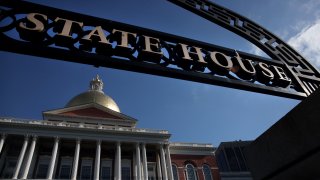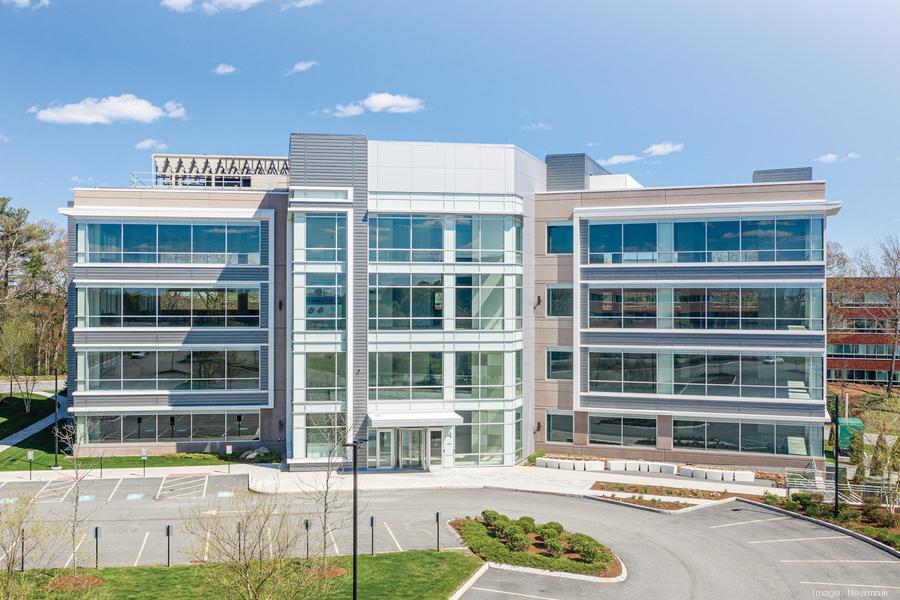
Advocates of legislation that would raise the Massachusetts’ minimum wage to $20 by 2027 are testifying today on Beacon Hill.
The bill, endorsed by Raise Up Massachusetts — a coalition of over 100 community organizations — would index the minimum wage to inflation in the future.
WATCH ANYTIME FOR FREE
Stream NBC10 Boston news for free, 24/7, wherever you are. |
“In 2028 and beyond, if the cost of living rises, the minimum wage would rise by the same rate,” Raise Up Massachusetts spokesperson Andrew Farnitano said.
It took over $18 in July 2023 to purchase a value of $15 in June 2018, according to the federal Bureau of Labor Statistics.
Get updates on what's happening in Boston to your inbox. Sign up for our News Headlines newsletter.
The bill would also include municipal workers who are currently exempt from minimum wage requirements and increase the minimum wage for tipped workers from $6.75 to $12 by 2027. An analysis by the Massachusetts Budget & Policy Center found that the bills would raise the wages of almost 1 million workers.
Similar legislation was passed in 2018, which increased the minimum wage from $11 to $15 over five years. Since June 2014, the Massachusetts minimum wage rose by $7 and the economy added over 250,000 jobs, according to the coalition.
Although Farnitano anticipates some pushback from some multinational corporations, the campaign has “really strong support.”
Boston Business Journal
“Many local business owners in Massachusetts understand that raising the minimum wage means their customers have more money in their pockets to spend at their businesses,” he said. “Every dollar minimum wage increase represents a dollar in the pocket of a worker who's gonna spend in their community and that is money that's gonna circulate in our local economy.”
Still, Ryan Kearney, general counsel at the Retailers Association of Massachusetts, said his group opposes an increase and said it is important to “control the cost of doing business in Massachusetts.”
“Our businesses typically tell us that they need lower costs and higher foot traffic, which ends up in higher sales,” Kearney said. “Without that, they’re not going to be able to compete on today’s economic playing field.”



